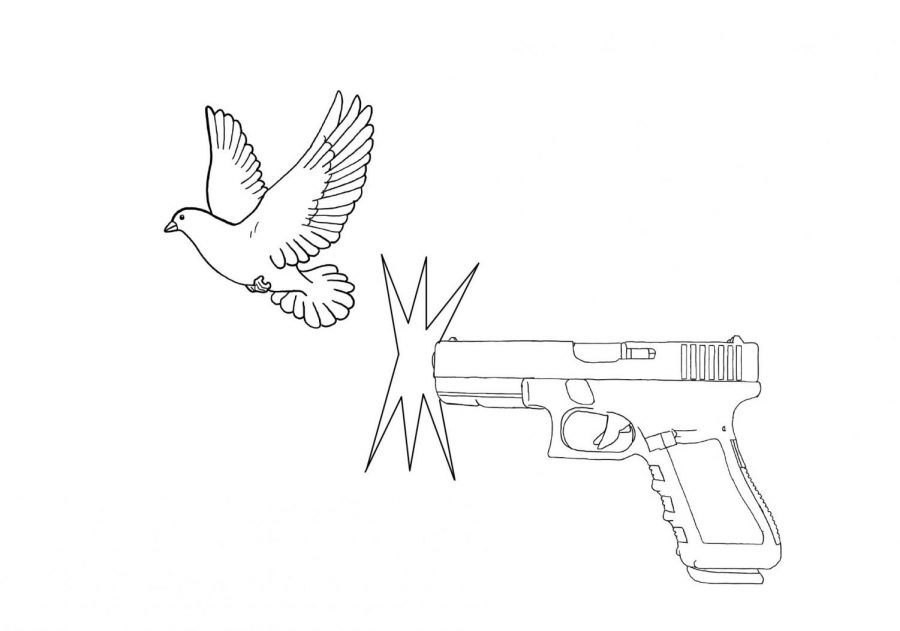Mourning losses of Vegas shooting one year later
On October 1, 2017, within a ten-minute interval, fifty-eight people were killed, more than 500 were injured, and over 22,000 lives were altered forever. These events occurred at a country concert on a night that was intended to be free spirited and fun. Throughout the month of October, the Las Vegas shooting survivors and loved ones of those who fell victim to a mind behind a weapon often came together to mourn.
Some called the Borderline Bar and Grill in Thousand Oaks, California a “safe place” or somewhere they go to talk, let out their emotions, and mourn over their friends and family. On November 7, 2018, these lives were, yet again, rattled. Twelve killed, several others injured, and nearly 60 people were once again left in distress.
Little over a year had passed since the Las Vegas shooting and yet the survivors were suffering another tragedy. The people who attended this bar were eighteen years of age and older. Lives had been cut short before they could even begin.
“I feel as though we are numb to these sorts of things because of how often they occur,” said science teacher Mr. Neil Flink.
As the largest mass shooting in the history of the United States, this catastrophic act of violence has pushed Congress and society to seek change. People are pushing for regulations to be put in place in order to reduce deadly weapons getting into the wrong hands. States are doing what they can to decrease the number of casualties due to gun violence, but the federal government as a whole has not taken an affirmative stance on the issue. Many ideas have been proposed by representatives but little to none have been passed.
“Gun control is difficult, so offer more mental health facilities and care,” said junior Ashleigh Jarvis-Flinn.
The topic of mental health in the context of acquiring a gun opens up the conversation regarding background checks to insure the mental stability of the handler. In the future, governments are instilling clauses to revise rejected proposals as a start to creating more secure laws which could reduce the amount of devastation caused by gun violence.
Your donation will support the student journalists of Saint Viator High School. Your contribution will allow us to purchase equipment and cover our annual website hosting costs.








